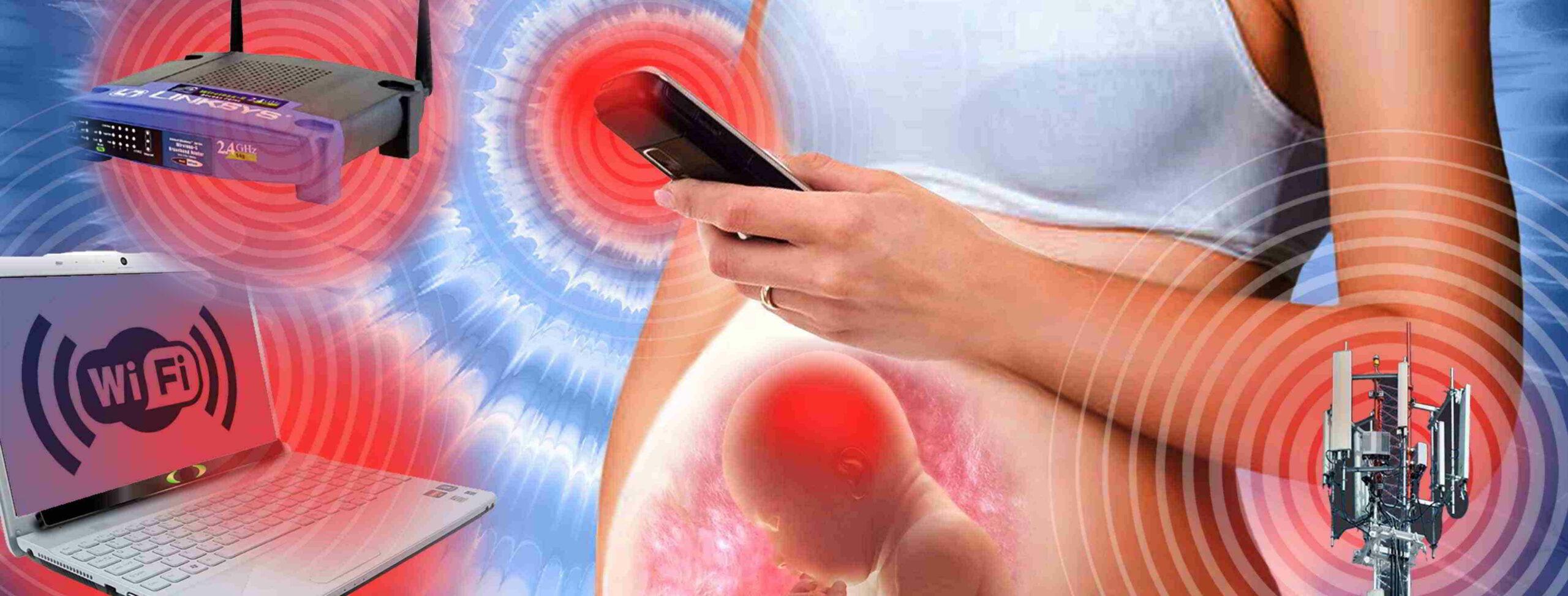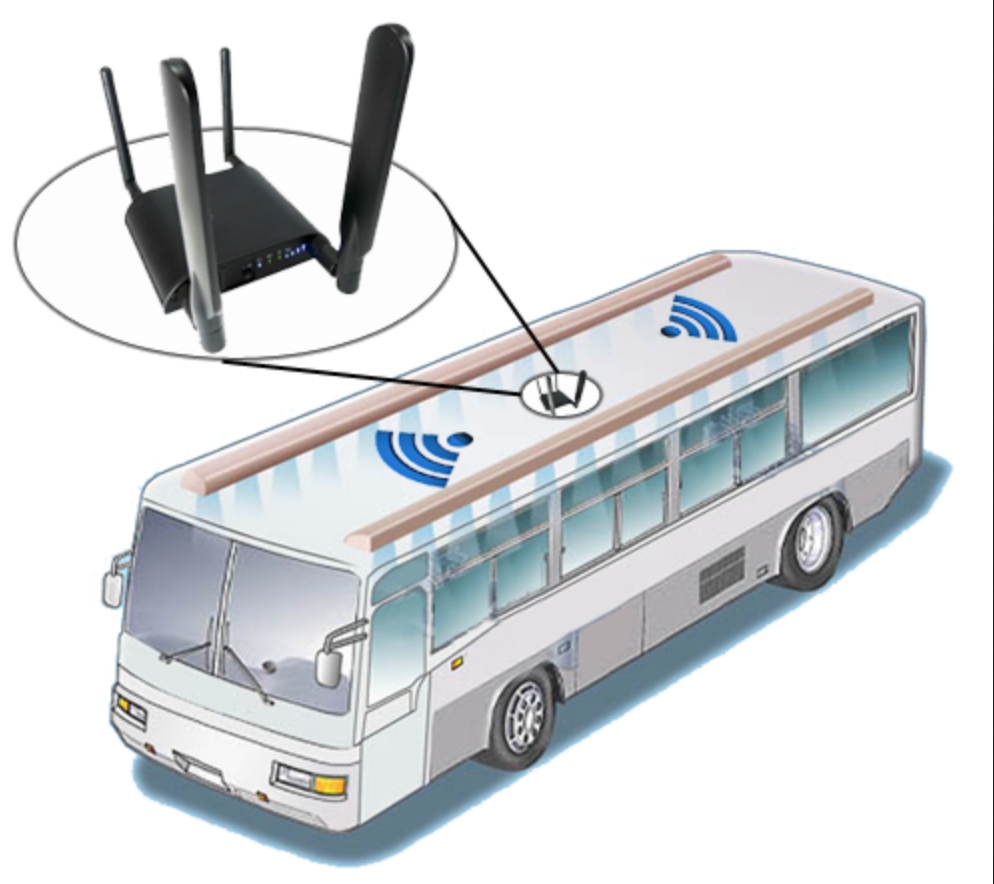====================================================
Source Article from Physicians for Safe Technology:
Wi-Fi in Schools
https://mdsafetech.org/wi-fi-in-schools-2/
====================================================
Google provided free Wi Fi on school buses in Denver in 2018, expanding their “Rolling Study Halls” to children who they state may not have access to unlimited high speed internet at home. For these programs districts provide laptops and a tutor during the commute.
Other businesses are now springing up to place Wi Fi “hot spots” on school buses, aiming to 1) Keep kids quiet and occupied 2) Do after school homework 3) Retain bus drivers. 4) Decrease bus behavior incidents. Kajeet, is one such company, founded in 2003 that offers schools Wi Fi on buses. They state on their website that it is a shared responsibility to keep kids connected to the mobile world. Although this sounds like a laudable goal, could there be psychological, health or privacy consequences to this move?
Health Impacts of Wi Fi on Buses
-
Closer Exposure: Kids have these tablets on their laps with the wireless radiation close to sensitive developing reproductive organ systems, and not at a safer distance i.e. greater than the 20 cm from the body recommended by the FCC. There are not only biological effects of this radiation that passes through the body, but also unsafe heat effects.
-
Higher Ambient Levels of Radiation: Wi Fi in a vehicle is much higher radiation levels. The metallic enclosure acts as a resonator. Studies have shown higher levels of RFR with cell phone use in a car. Similarly, use of a cell phone in an elevator (with metal casing) significantly elevates the levels of exposure due to reflection of the RFR. Many references discuss this issue of reflection of RFR from metal.
-
Children are a Vulnerable Population: Because children bodies and brain are still developing they are much more sensitive to toxic exposures such as chemicals as well as Radiofrequency Radiation from phones or Wi fi sources.
-
Development of Electrosensitivity: There is no consideration for those who may be electrosensitive or develop electrosensitivity with increased cumulative exposure. Like an allergy if one person has these symptoms (headache, fatigue, nausea, dizziness, etc then the Wi Fi and cell phones of students must be turned off.
-
Technology Addiction and Psychosocial Development: As kids are increasing connected to the internet and wireless devices at school (and home), there is concern that this will cause psychological disturbances and contribute to depression, anxiety, personality changes, social phobia and poor interpersonal skills. It may also affect learning long term as described in Chicago Review Press of Screen Schooled.
-
Excessive Screen Time and Impairment of Brain Structure and Function: Integrative Psychiatrist Dr. Victoria Dunckley shares research on brain studies of those who are internet addicted. Gray matter is reduced and there is loss of integrity of white matter in the brain. In addition, cognitive functioning is reduced and dopamine levels in the brain are altered.
-
Excessive Screen Time and Eye Health: According to the American Academy of Ophthalmology , physicians are seeing an increase in dry eye symptoms in children due to excessive screen time. There has also been a dramatic rise in myopia. Computer vision syndrome with blurred vision from overuse of screens is another concern. They now recommend tips for children— *Alternate reading an e-book with a real book and encourage kids to look up and out the window every two chapters. *Avoid using a computer outside or in brightly lit areas, as the glare on the screen can create strain*Use good posture when using a computer and when reading.*Remind them to blink when watching a screen. This does not even consider the effects of lifelong RFR exposure on cataract formation or other adverse eye effects from digital technology.
-
Children’s Privacy: Educational games such as Leapfrog have been exposed for the ease of hacking and threats to children’s privacy and security. The Campaign for a Commercial Free Childhood has advocated for protection of children’s online data which has been commercialized and used inappropriately. Data Privacy Monitor tracks violations of the Children’s Online Privacy Protection Act (COPPA). Violations have occurred withGoogle , Apple, Disney, Nickelodeon, Amazon and others.

